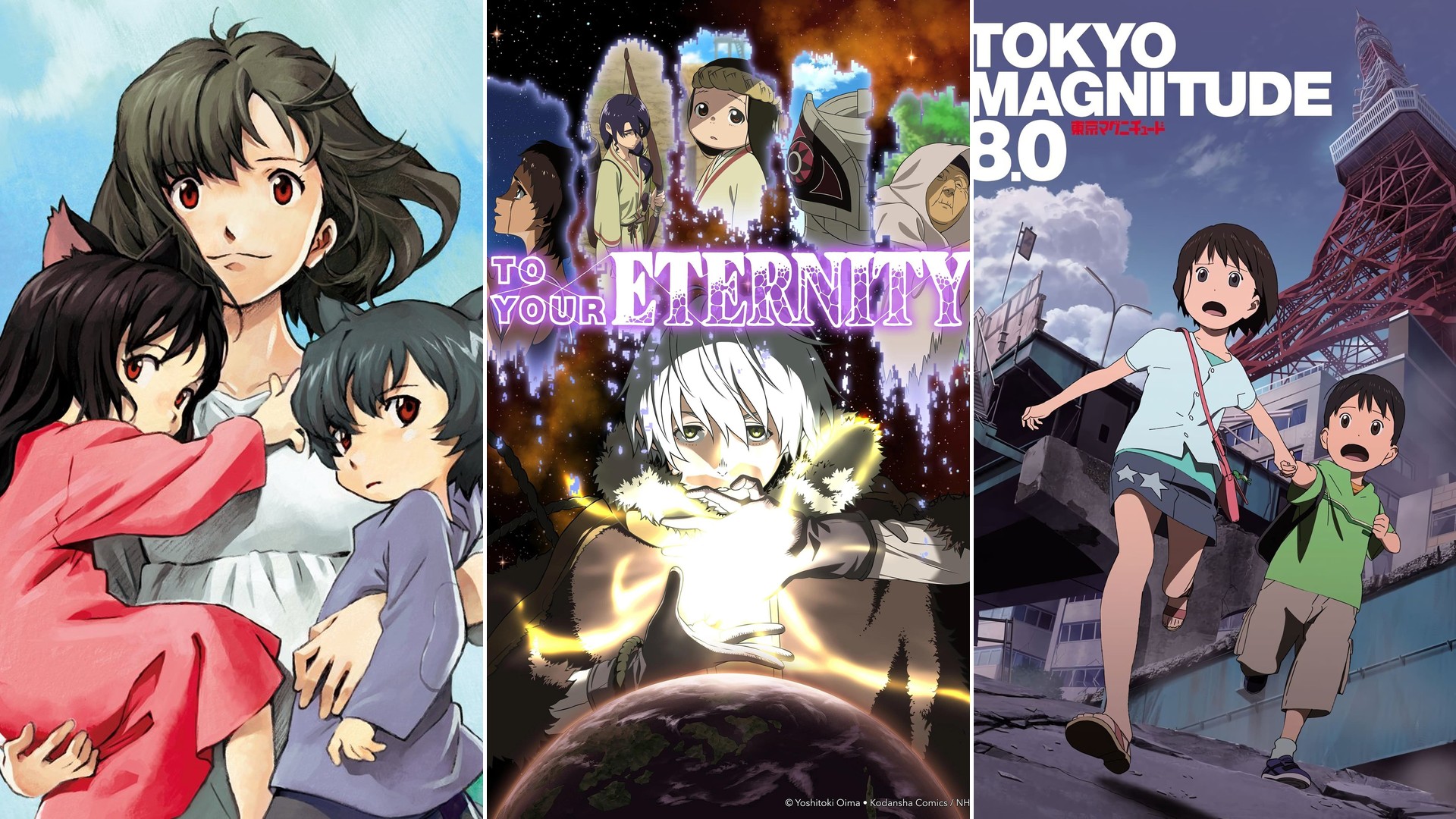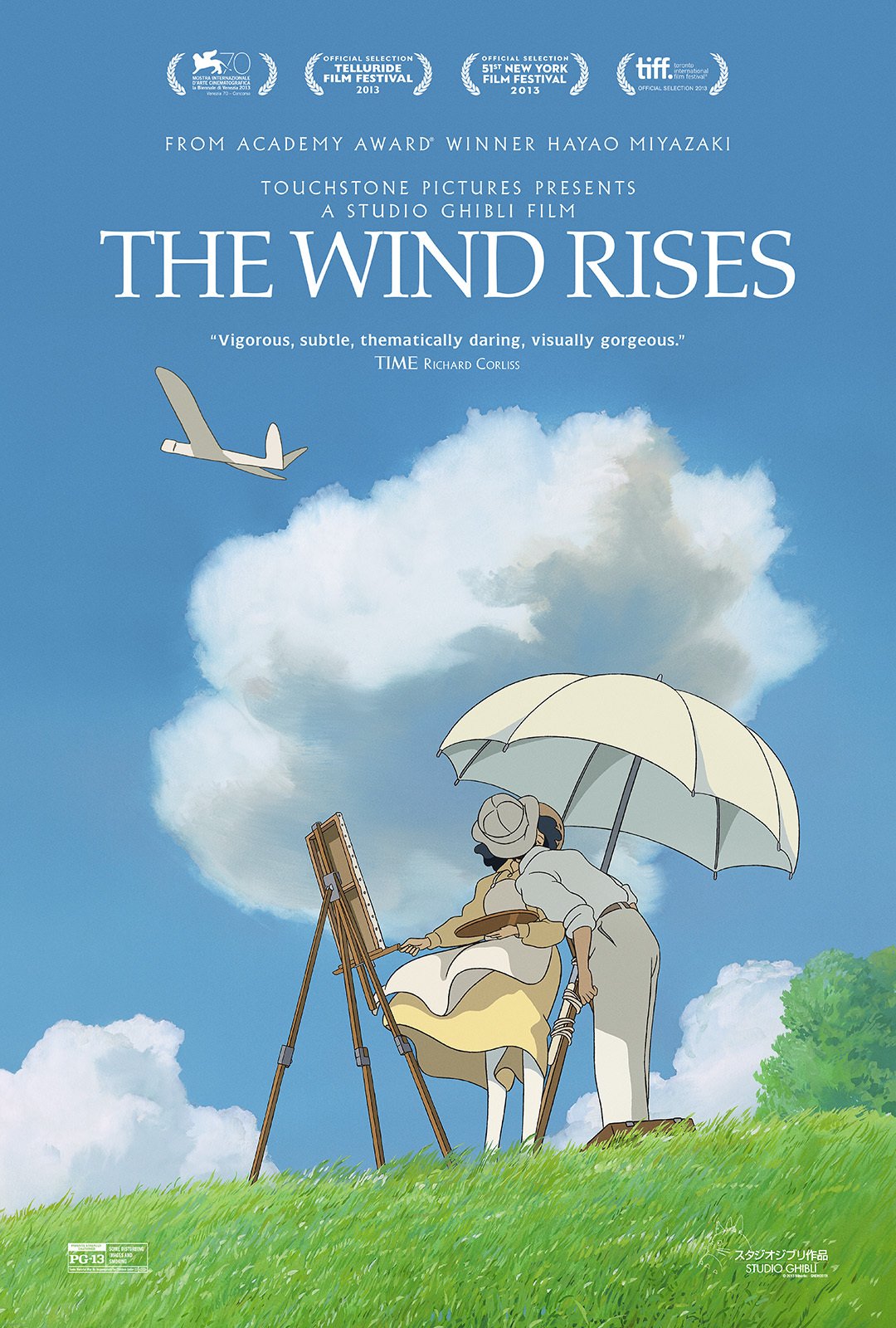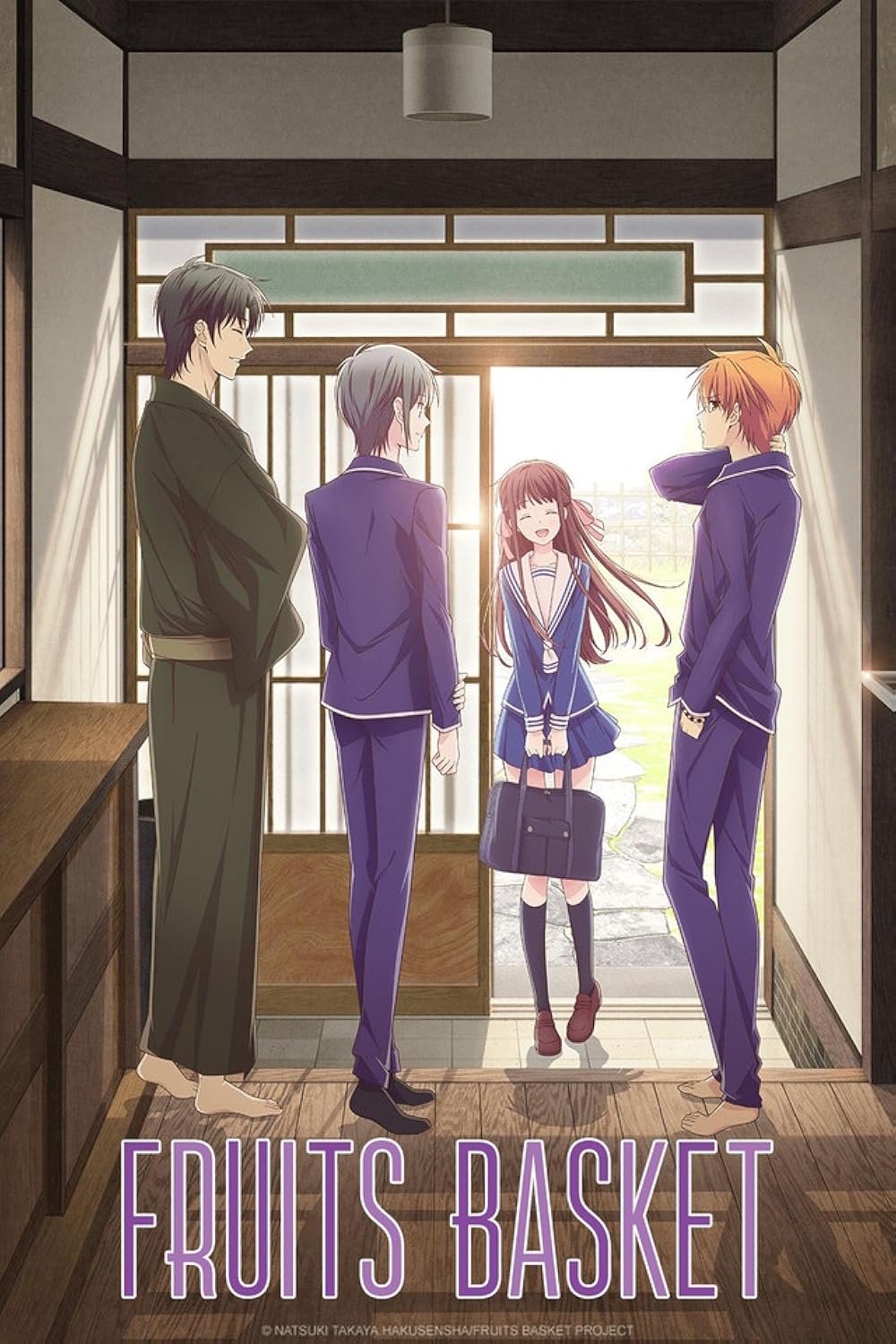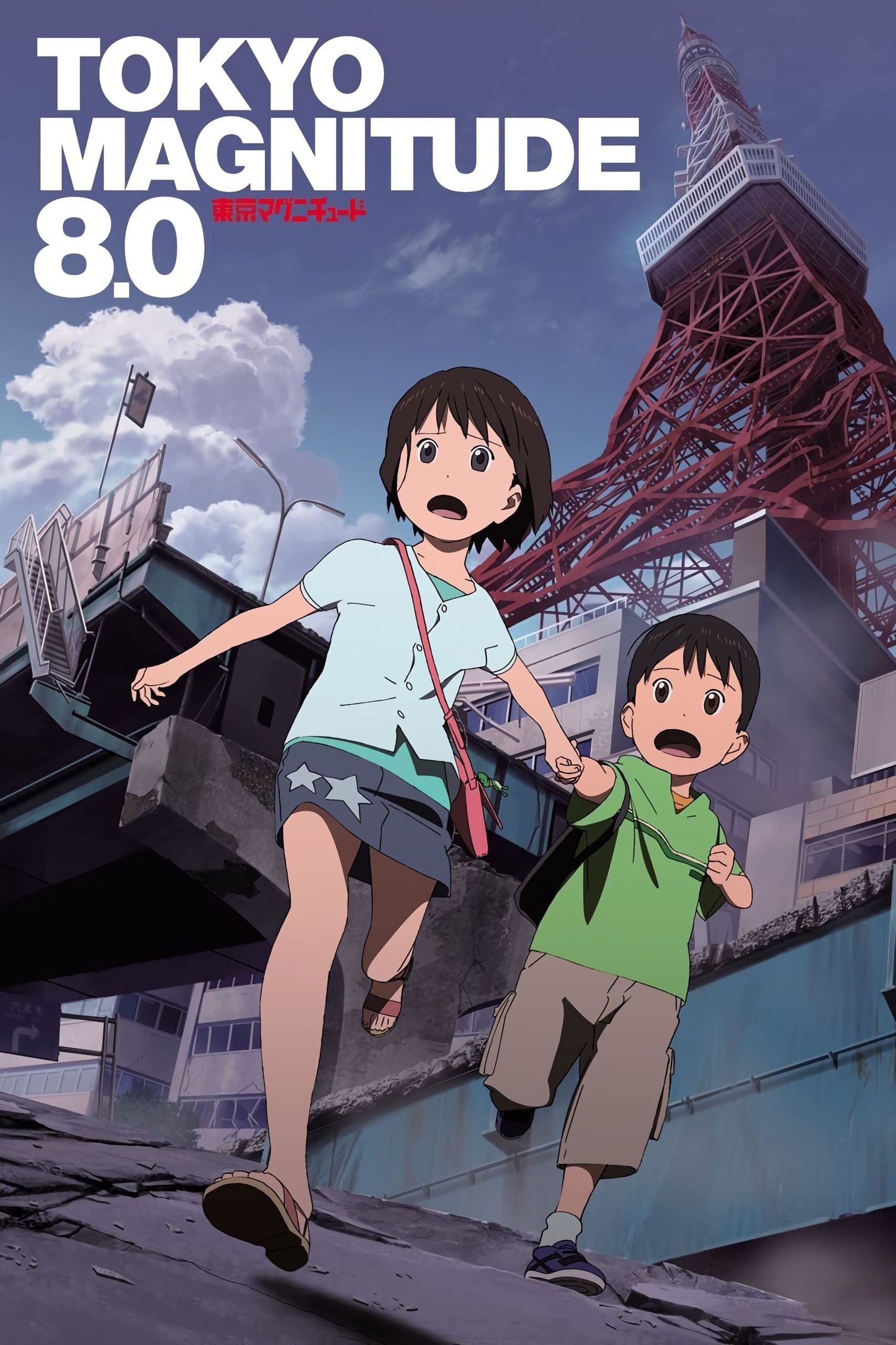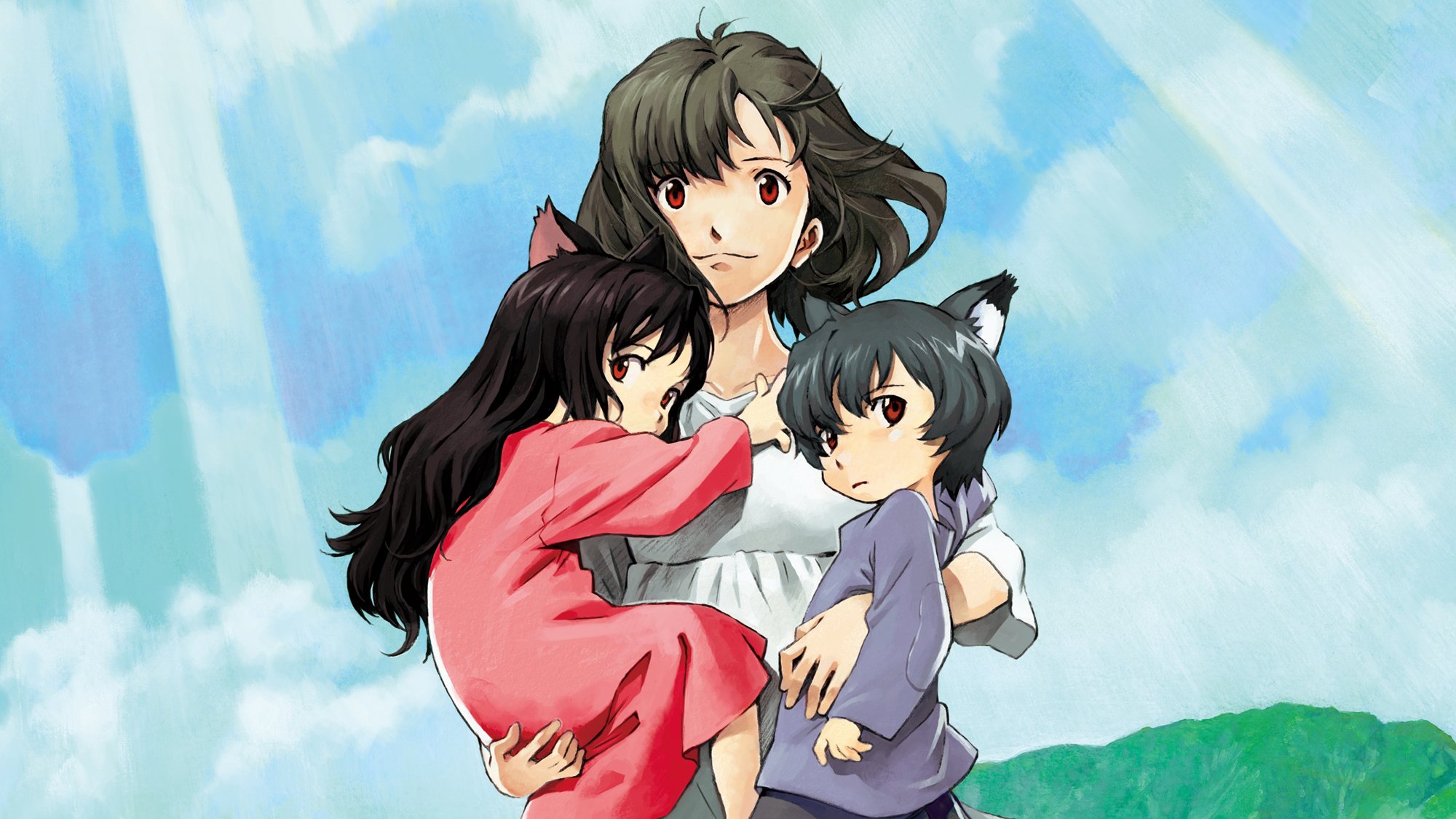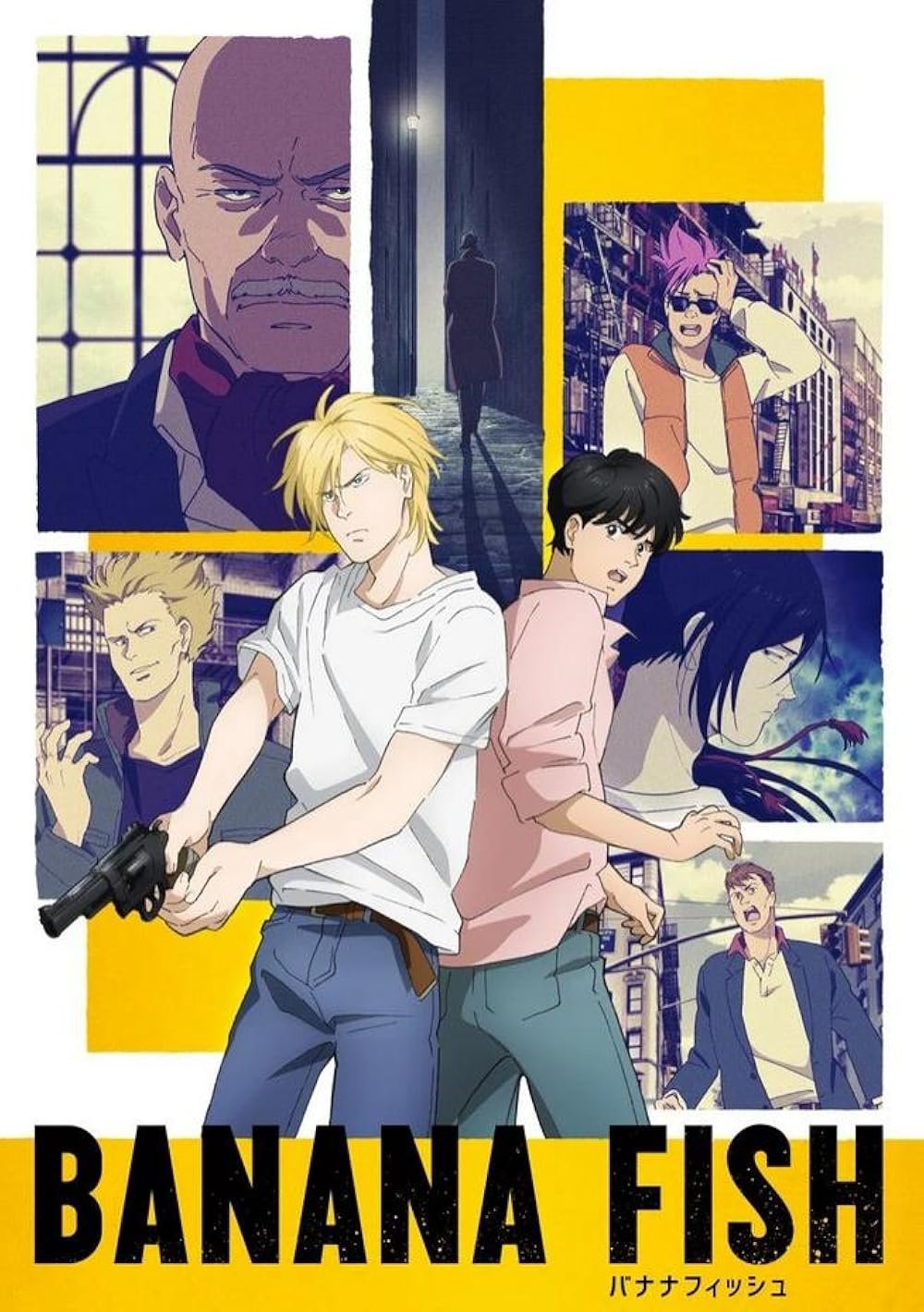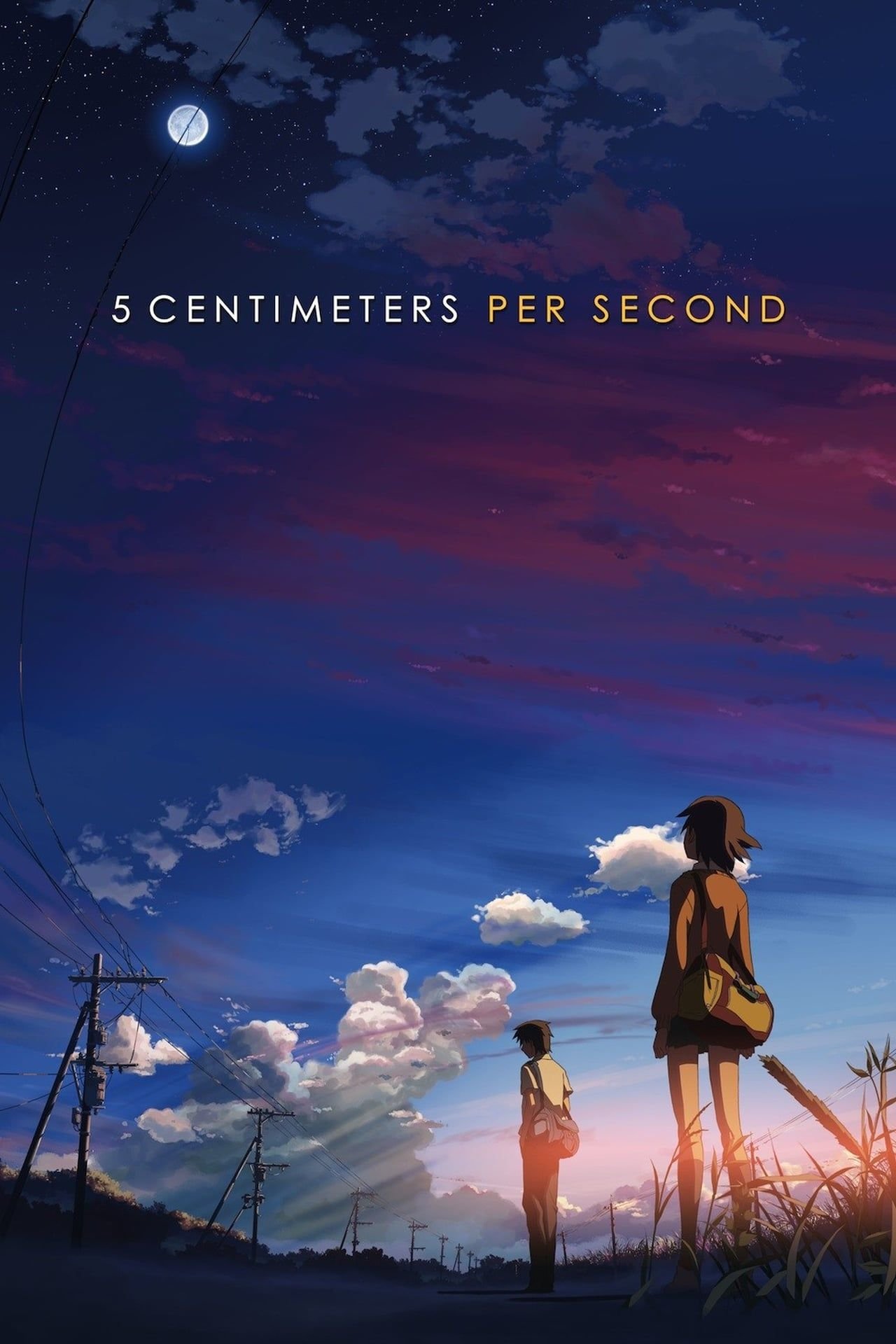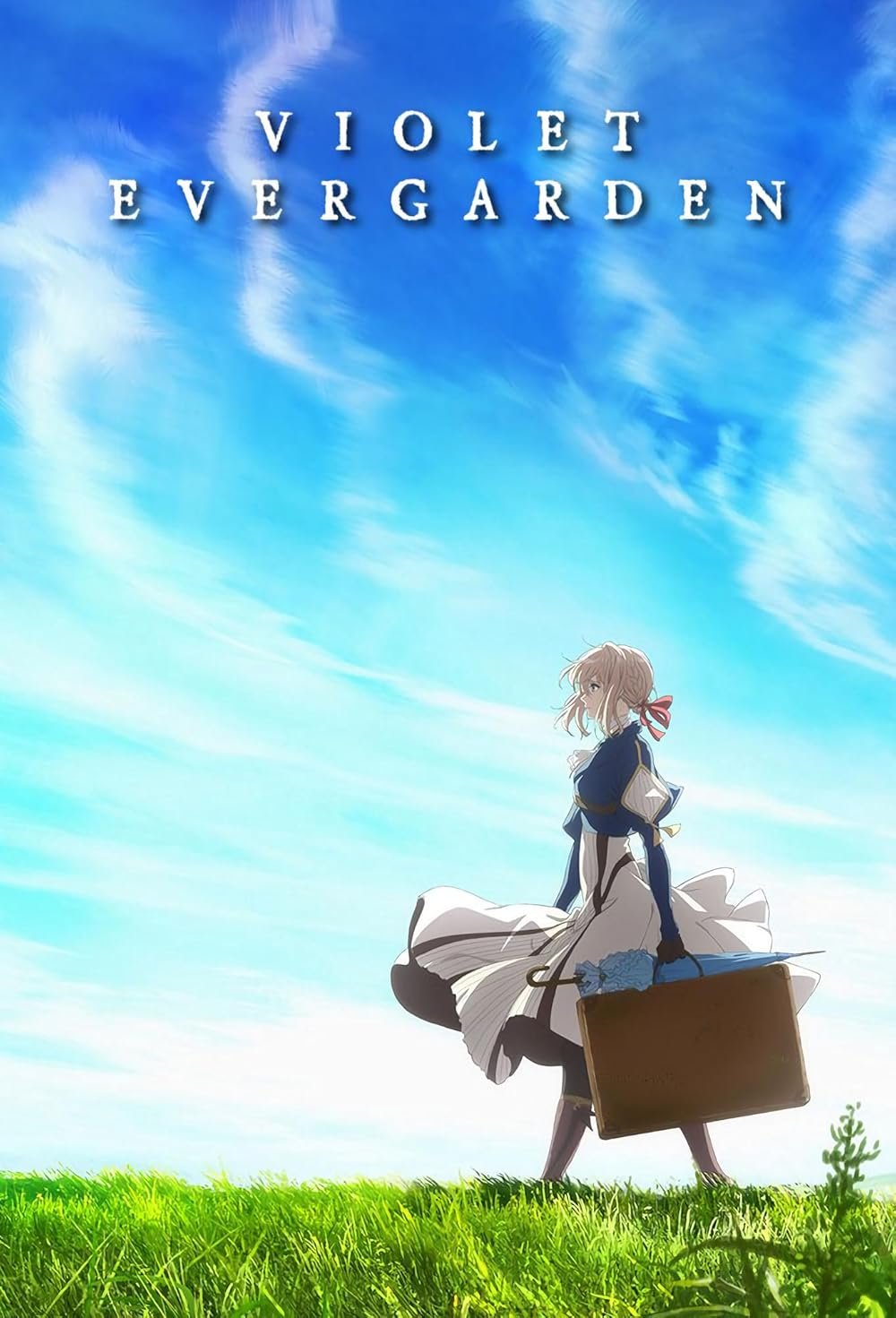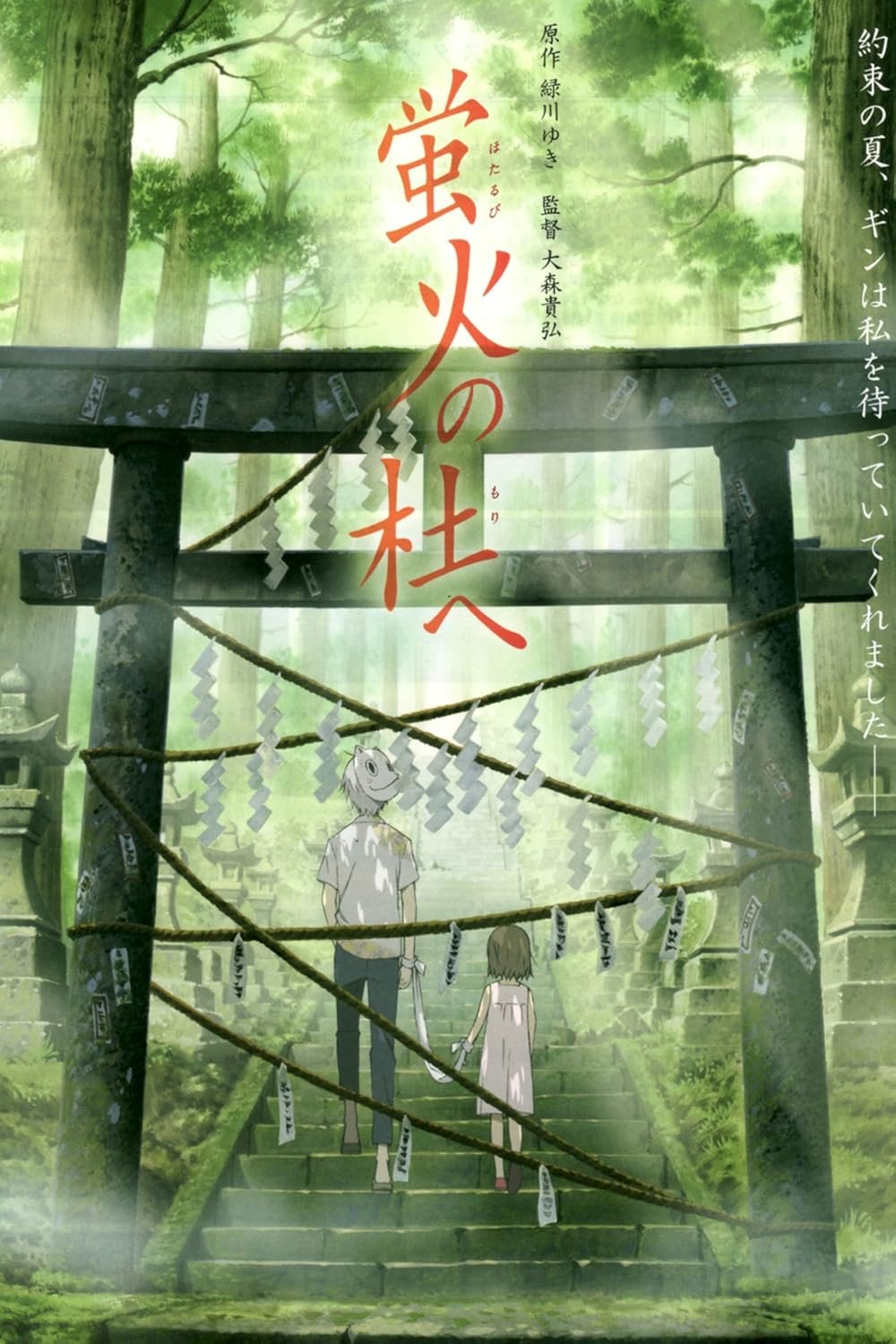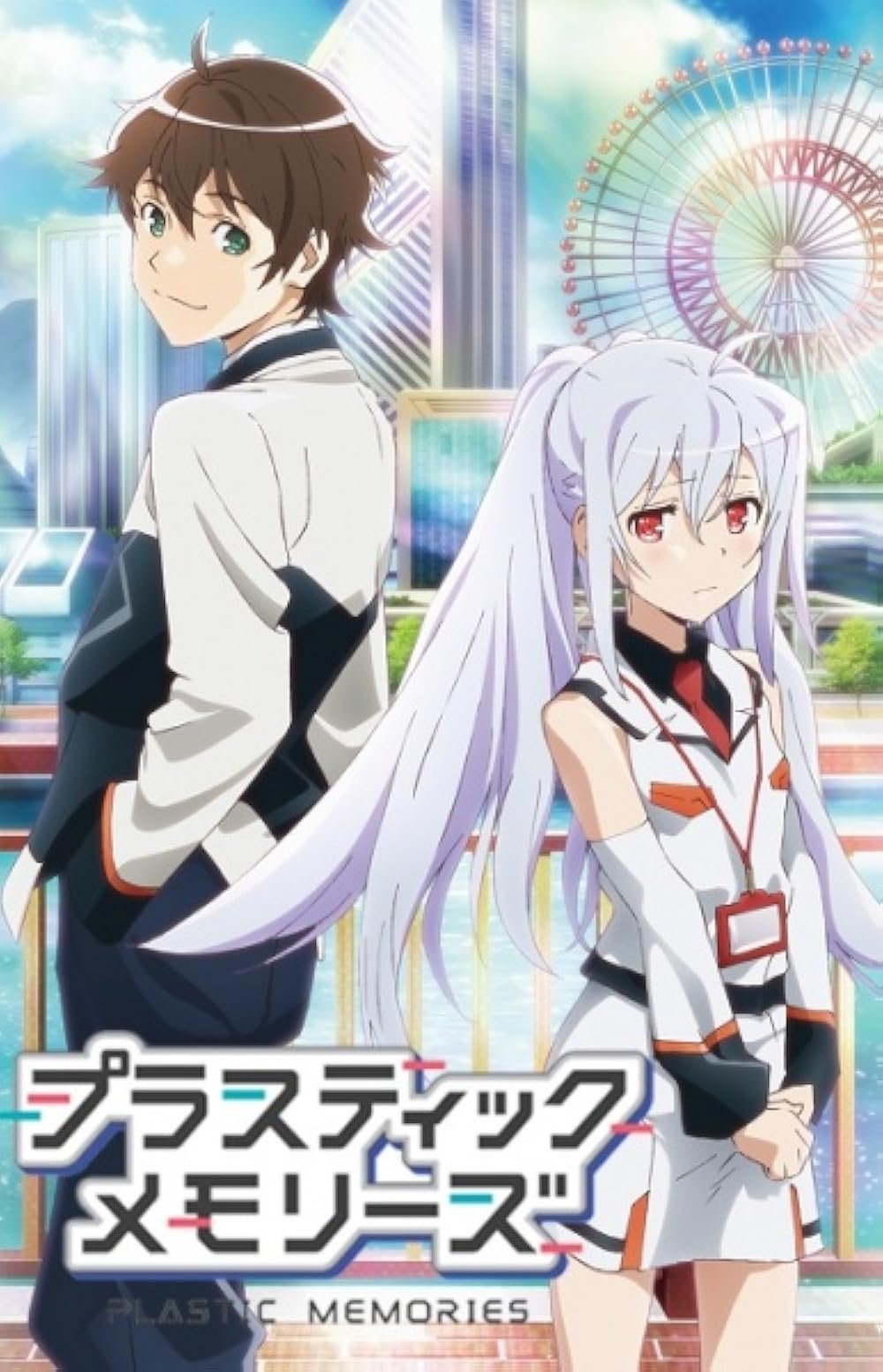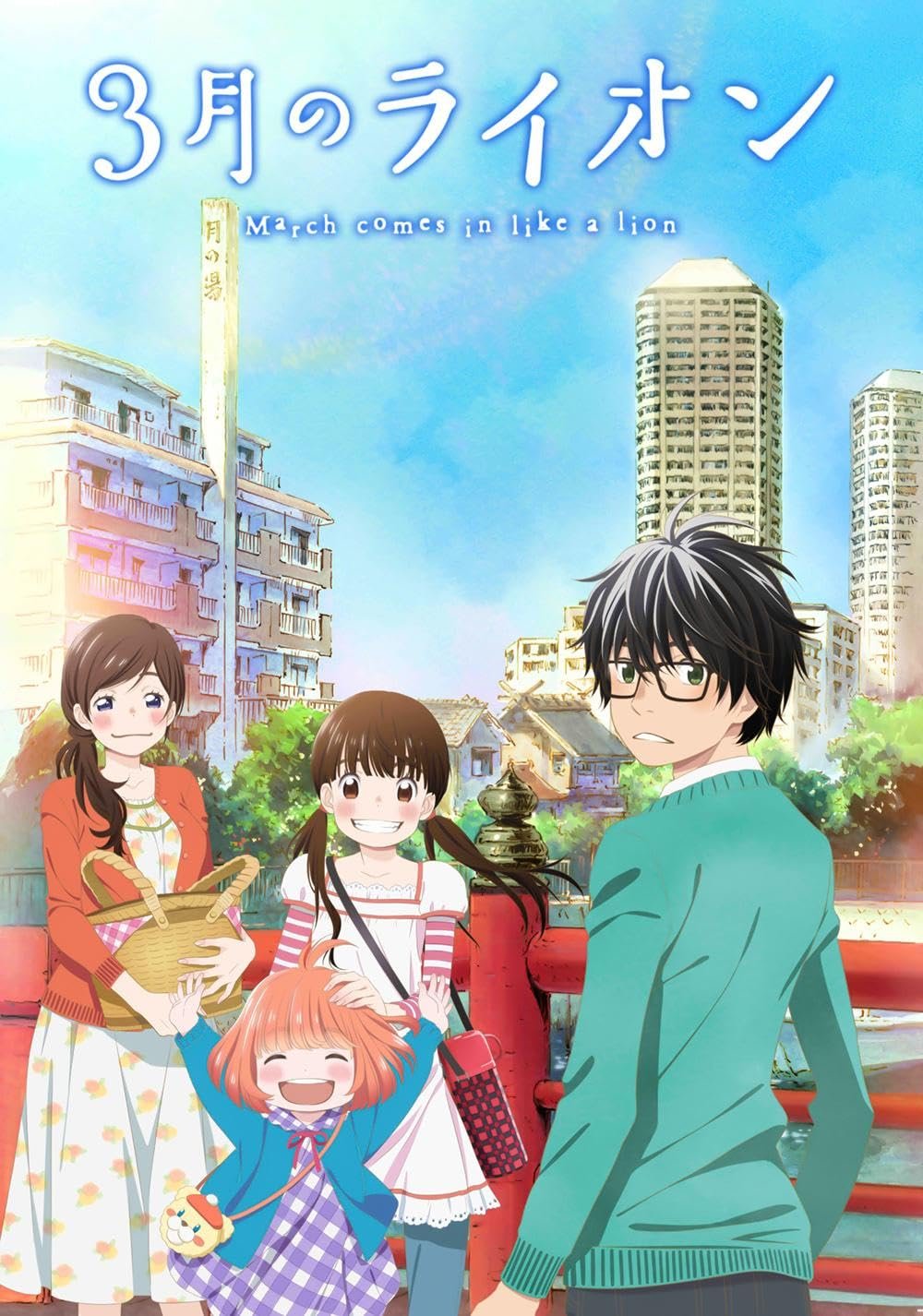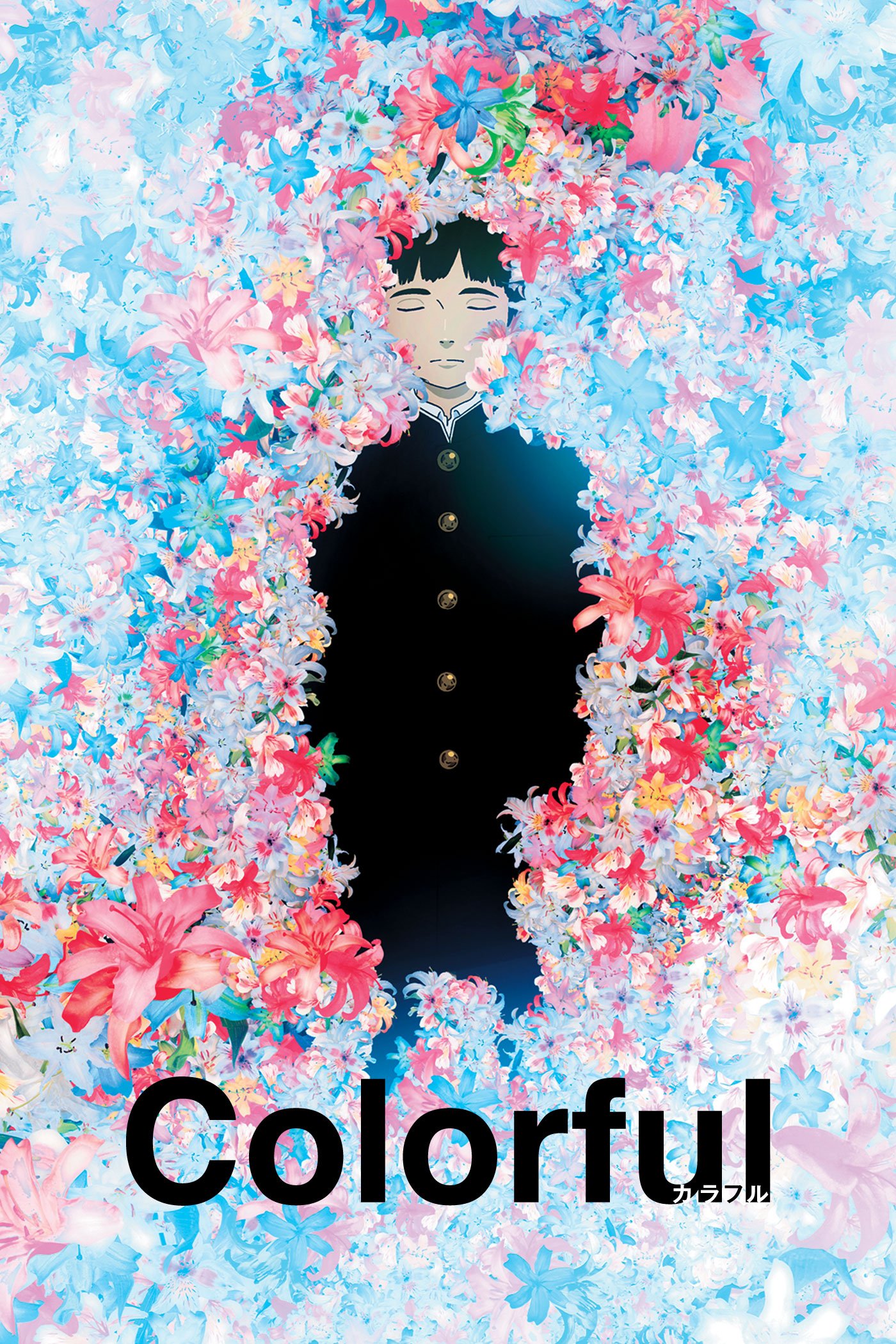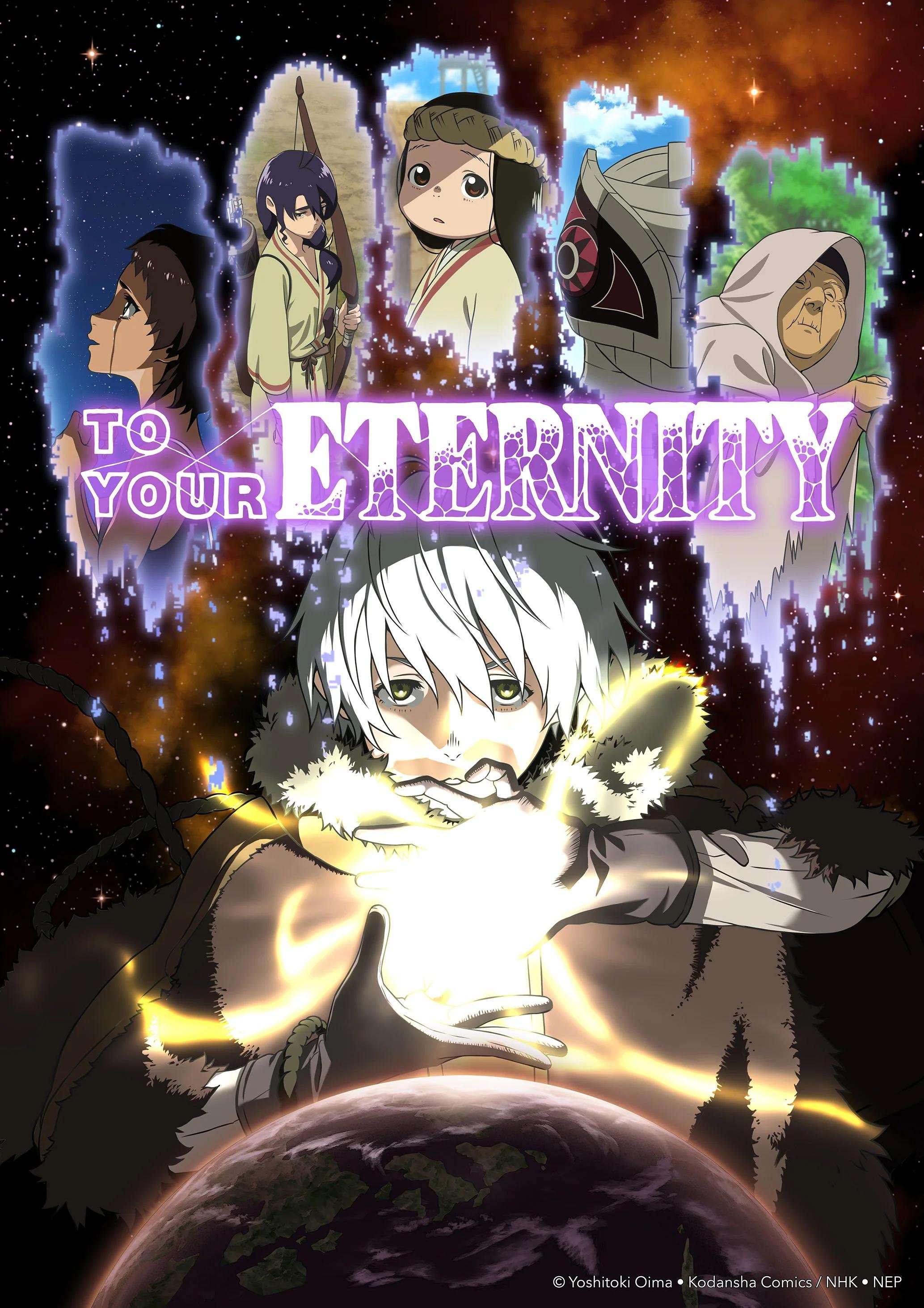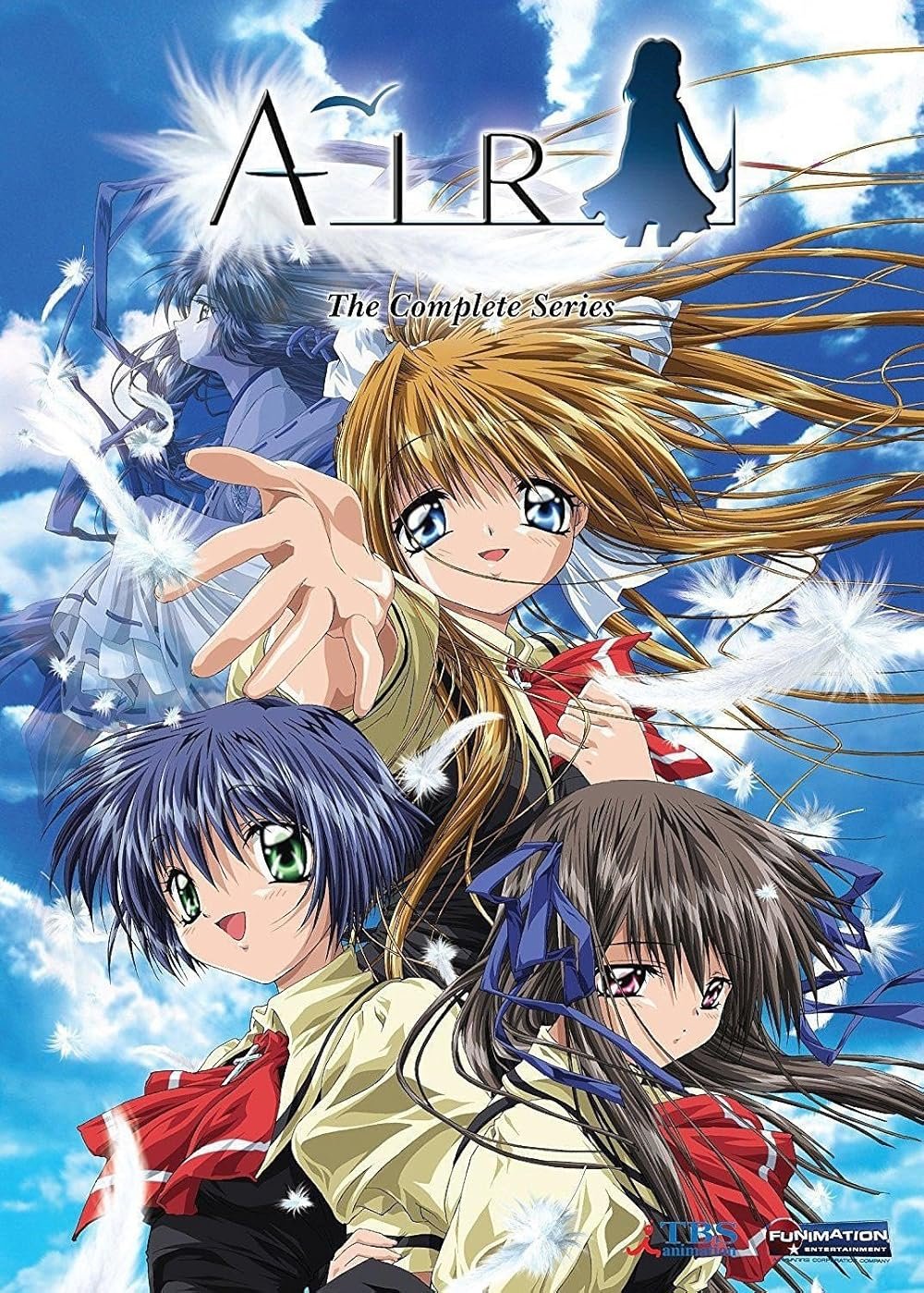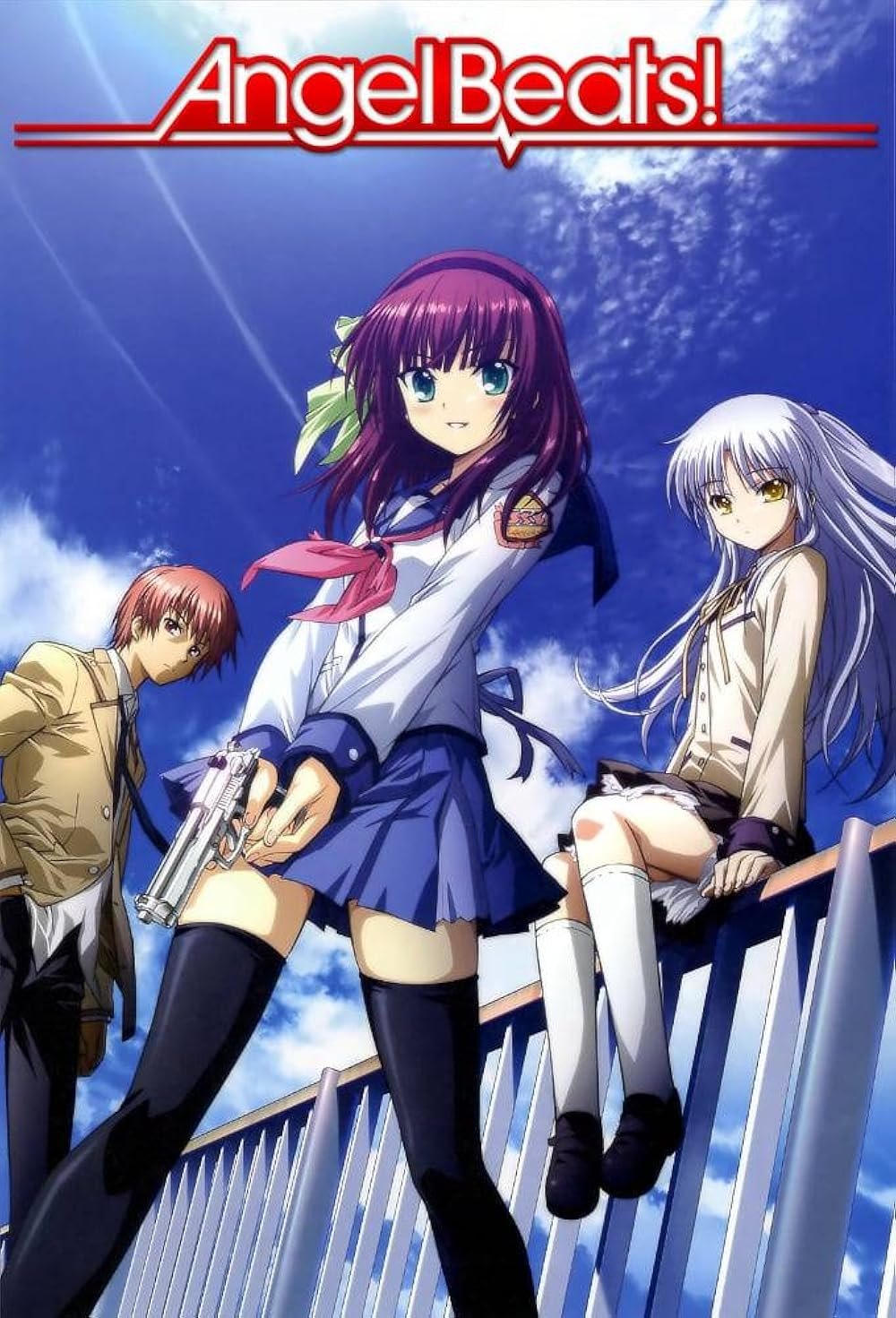The titles below are ranked from #25 to #1 to spotlight the most affecting saddest anime you can watch today. Each pick earns its place for how it handles grief, love, memory, or the weight of war. Expect stories that balance pain with human warmth and scenes that linger long after the credits.
To keep spoilers light, we focus on theme, character and craft. Still, several entries discuss heavy topics like loss, trauma and loneliness. If you are sensitive to these themes, take care and consider pacing your viewing. Many of these shows also offer hope, kindness and healing amid the sorrow.
#25. The Wind Rises
Hayao Miyazaki’s The Wind Rises follows Jiro Horikoshi, a dreamer who designs planes while watching the world drift toward war. The film’s sadness comes from the cost of ambition and the fragility of love. Jiro’s romance with Nahoko is tender and fleeting and the quiet final stretch carries a heavy, mature ache.
Visually, Studio Ghibli renders skies and machines with grace, while the sound of wind and engines becomes a backdrop to intimate moments. The bittersweet tone never lectures about history. It simply shows how personal dreams collide with forces bigger than any one person and that collision hurts.
The film’s last images suggest that brilliant work can leave a hollow space when measured against the people we lose. It is the kind of sadness that arrives slowly, like dusk and then stays.
#24. Fruits Basket (2019)
Fruits Basket (2019) rebuilds a beloved story with modern craft, letting each member of the Soma family face their scars. Tohru Honda’s empathy is not magical. It is patient attention to pain and to the past. The show hurts because kindness cannot erase trauma overnight, yet it still matters.
The series balances cute moments with harsh truths about abuse, isolation and identity. The zodiac curse is a mirror for emotional cages that feel unbreakable. Watching the characters reach toward connection, even when they stumble, creates a steady, earned release.
The ending arc lands because it respects every small step taken earlier. When bonds finally hold, the joy feels soaked in tears. That mix of relief and grief is why this reboot is so affecting.
By the finale, the show argues that love is daily work. The tenderness is never cheap and the healing feels real.
#23. Tokyo Magnitude 8.0
Tokyo Magnitude 8.0 imagines a massive earthquake striking modern Tokyo and follows siblings Mirai and Yuuki. The sadness here is grounded, showing ordinary people trying to reach home when the map is broken. The camera lingers on cracked streets and shaken families rather than spectacle.
The show cares about small choices that become huge under stress. A bottle of water, a brief rest, a stranger’s help. These moments carry weight because they reveal character amid chaos. The quiet twist near the end reframes earlier scenes with a heavy, numbing clarity.
By the last episode, the series becomes a meditation on memory and denial. It is sad because it feels possible and because acceptance can be the hardest walk of all.
#22. Wolf Children
Mamoru Hosoda’s Wolf Children centers on Hana, a young mother raising two children who are half wolf. The father’s absence leaves Hana to face storms, school and identity questions alone. The film’s sorrow is gentle, rooted in the cost of parenting and in kids growing into different paths.
Much of the emotion comes from landscape and seasons. Rain, snow and fields echo each child’s choice. The movie treats motherhood as courage that repeats daily, even when nobody sees. That quiet endurance is where the tears gather.
The last act is not tragic for shock value. It is tender, showing that loving someone means letting them become who they are, even if it leaves you standing alone. That kind of goodbye is deeply human.
Hosoda’s warm colors and acoustic score give the melancholy a soft light. You leave moved by the life Hana built while the world kept moving.
#21. Banana Fish
Banana Fish blends crime thriller energy with a bruising portrait of youth marked by violence. Ash Lynx and Eiji Okumura find a bond that feels like safety in a hostile world. The sadness lies in how fragile that safety is and how trauma echoes even when you run.
The series does not flinch from the systems that exploit kids. It gives Ash agency and brilliance, but every victory has a price. The show’s quieter scenes, when Ash and Eiji share simple peace, hurt the most because they feel borrowed.
By the end, hope and grief sit side by side. The final notes are famous for a reason. They capture how love can change someone and still arrive too late to save them from the past.
#20. 5 Centimeters per Second
Makoto Shinkai’s 5 Centimeters per Second is about distance that grows slowly. Childhood friends drift apart, not through one big event but through time, trains and missed chances. The sadness is quiet, like snow on a platform and it settles into everyday life.
Each chapter uses sky, cell phones and silence to describe a feeling words cannot hold. Shinkai lets us watch a character build a normal adult life while carrying absence inside. That ache is familiar to many viewers.
The last montage is famous because it trades answers for a breath. The film suggests some connections do not return and that realization can be both freeing and painful.
This is not a story of villains. It is about timing and how even sincere love can miss. That miss lingers.
#19. Violet Evergarden
Violet Evergarden follows a former child soldier learning how to live with feelings she never understood. As a ghostwriter of letters, Violet witnesses final goodbyes and broken bonds. The sadness comes from seeing love articulated at the moment it might be too late.
Also Read
10 phrases that sound supportive but are actually a subtle sign of manipulation
The series is a showcase for animation that turns simple gestures into impact. A hand on a typewriter, a mother’s message, a soldier’s memory. The artistry respects grief without exploitation, letting tears arrive with silence.
Several standalone episodes rank among the most moving in modern anime. They ask whether words can carry what the heart cannot say and whether healing can follow war. Violet’s growth makes those answers feel earned.
#18. Hotarubi no Mori e
Hotarubi no Mori e is a short film that builds a love story with a single rule. A human girl and a spirit boy cannot touch. Every scene turns that rule into tension and tenderness. The ending is sudden and devastating, yet true to the story’s logic.
Forest light, cicadas and festival masks make the world feel delicate. The film is sad because it presents joy that can never be complete. That limitation creates an ache you feel in your chest.
Also Read
10 Phrases That Sound Supportive But Are Actually a Subtle Sign of Manipulation
The final moment is brief, almost quiet and then it is gone. Few films do more with less and the memory of that rule remains a scar.
Some loves are defined by lines we cannot cross.
#17. Plastic Memories
In Plastic Memories, androids called Giftia have a set lifespan. Tsukasa and Isla work to retrieve units near the end, then face their own ticking clock. The premise makes every date, joke and routine feel borrowed.
The series mixes workplace comedy with pre-grief. That blend makes the later episodes hit harder. When you know an ending is scheduled, even a simple breakfast can feel like glass underfoot.
The show asks if a short love is worth the pain that follows. It never sneers at the answer. It simply shows two people choosing to spend time well, even if the bill will be high.
Also Read
People With Low Emotional Intelligence Often Miss These 6 Social Cues
#16. March Comes in Like a Lion
March Comes in Like a Lion follows Rei Kiriyama, a teenage shogi professional dealing with depression and isolation. The sadness is not sensational. It is quiet rooms, late-night walks and the weight of expectations that never rest.
The Kawamoto sisters warm the narrative without fixing it. Their kindness gives Rei space to breathe. Over time, the series shows how routine, food and community can hold someone up when brilliance cannot.
Several arcs dig into bullying and burnout with care. Even victories feel heavy because the cost is visible. The show is sad but also humane, arguing that slow progress is still progress.
By season’s end, the light is warmer. The pain is not gone, but it has company and that company matters a lot.
Also Read
8 Weird Habits You Don’t Realize You Have From Growing Up In A “We Can’t Afford It” Household
#15. Colorful
Colorful begins with a soul getting a second chance in the body of a boy who attempted suicide. The film peels back layers of family, guilt and self-hatred without moralizing. Its sadness lies in how ordinary the hurt can be behind the closed doors of a normal home.
The mystery element feeds into character growth rather than twists for shock. As the protagonist learns to see others clearly, the viewer sees him as more than his worst moment. The film’s reveal reframes earlier judgments with empathy.
By the end, the story speaks to the possibility of starting again. Not cleanly, but honestly. That honesty makes the final steps feel hard and hopeful at once.
#14. To Your Eternity
To Your Eternity tracks an immortal being, Fushi, who learns by bonding with people and then losing them. The structure guarantees sorrow. Every new friend teaches Fushi humanity and every goodbye adds another scar to his memory.
Also Read
10 Phrases That Sound Supportive But Are Actually A Subtle Sign Of Manipulation
The show swings from quiet villages to brutal confrontations, but the real impact is personal. A single name can carry an entire arc of kindness, struggle and farewell. The series asks what it means to live when you cannot die and the answer is heavy.
Music and stillness do as much work as dialogue. The result is a cycle of love and loss that stays fresh because each bond feels distinct.
It is a rare adventure that makes you fear the next episode, not for danger, but for the goodbyes it might demand.
#13. Air
Air brings summer haze to a tale of inherited curses and fragile connections. The story’s sadness is dreamy and elliptical, built from fragments that circle a young girl’s fate. It feels like a memory you cannot fully hold.
Also Read
8 Cringey Phrases Older Relatives Use at Family Dinners That Younger Guests Dread
Kyoto Animation paints sunlight and cicadas until the season feels alive. That comfort sits next to an unavoidable end. The contrast makes the gentle scenes carry extra weight.
By the close, the show leaves you with images more than answers. For many viewers, those images are enough to bring tears because the heart fills in what the plot leaves open.
#12. Angel Beats!
Angel Beats! sets its story in a school-like afterlife where teens work through regrets. The premise allows comedy and band practice next to heavy flashbacks. That mix builds a sneaky kind of sadness that lands when each character faces their truth.
